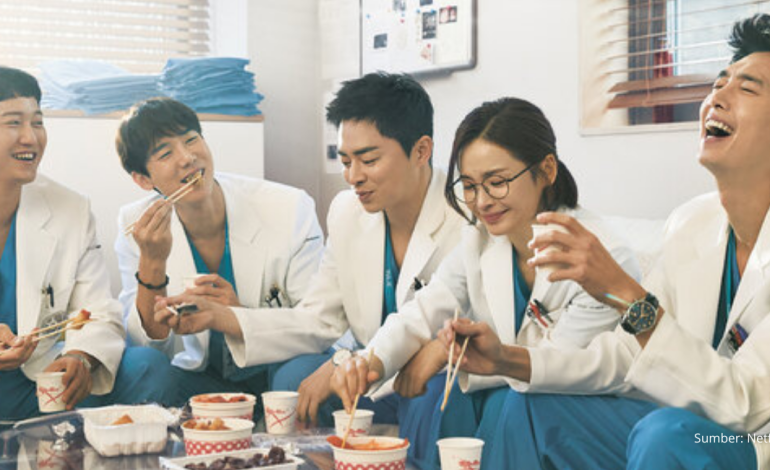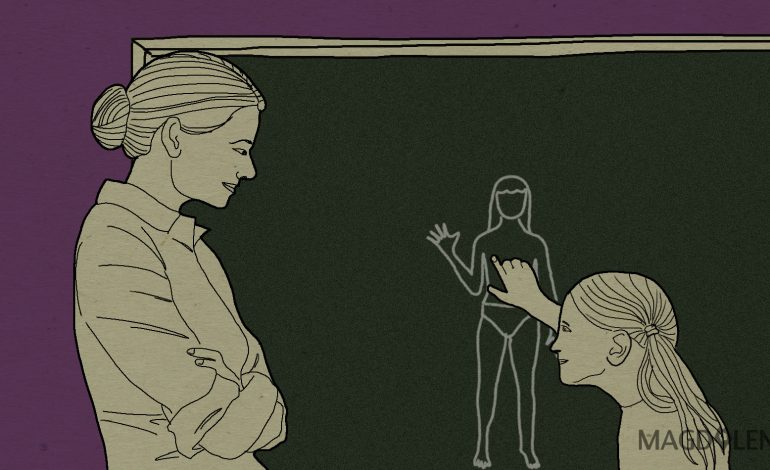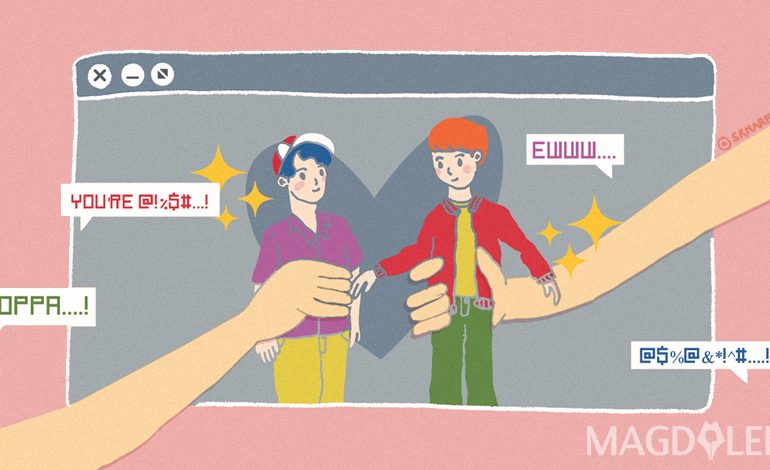I’ll Do My Best: What Hospital Playlist Teaches Me About Life (and Death)

As an Asian girl growing up with mostly Western pop culture, the last thing I expected was a K-Drama to help me go through one of the hardest times of my life. And yet, these last three months, Hospital Playlist has become that dearest friend who provides comfort and hope as I try to grasp my mom’s terminal cancer diagnosis.
Hospital Playlist is the first K-Drama that managed to get me hooked. Despite Korean everything becoming hugely popular here and across Asia (and now, even the world), I wasn’t exactly a fan of K-Drama or K-Pop. Hospital Playlist is a bit different though. As a K-drama, it lacked that one thing that made K-drama popular here in Asia: the “Drama”. This series, which follows five surgeons/best friends in a Seoul hospital, thrives on its lack of drama. If you’re looking for big dramatic moments, I suggest you look elsewhere.
Sometimes, nothing really happens in an episode despite the sheer length of it (the running time of an episode can be anywhere from 70 – 121 minutes) – but that’s the beauty of it. We only think that nothing happens because we’ve been conditioned to anticipate shocking moments and craziness, drama with a capital D. Yet if we examine the series carefully, we’d realize that everything actually happens – it’s just that everything that happens are the things we go through in our daily lives as well.
And that’s what got me hooked. It’s easy to relate to the emotions and struggles because those are emotions and struggles that I go through in my life as well.
It doesn’t mean that Hospital Playlist avoids the cliched idealism of medical dramas altogether. In fact, the series is unapologetic about the glorification of its healthcare professionals. The 5 main characters in the series, all top surgeons in their respective fields (Cardiothoracic Surgery, Pediatric Surgery, General Surgery, Neurosurgery, and Ob-gyn), are portrayed as staunchly moral, generous, kind, loving doctors who would do anything to help their patients.
Also read: Why Netflix’s Squid Game Becomes a Streaming Phenomenon?
It seems too good to be true, but the series manages to ground these doctors’ compassion and care for their patients by giving us a look into their everyday life, and their friendships. It’s undeniable that they are just incredible human beings (and doctors), but somehow, they are still… human. They don’t feel like superheroes.

Sumber: TVN
In fact, they feel as human as you and I. The way they would joke around, bicker, and eat together makes them feel like they’re also your best friends. These five friends met in medical school and remained best friends for over 20 years. Over the course of the two seasons, we see why they are such great friends and can remain that way. It is their shared values, their shared goals, and their shared belief – this belief of always trying to do their best for their patients – that becomes the glue that holds them together.
In Season 2 there’s a sad, quiet, yet powerful subplot of this fisherman who needed a liver transplant. He was helped by “Daddy-Long-Legs”, a social program that these friends run covertly in the hospital and he managed to get a liver transplant from one of the surgeons, Lee Ik-Jun. At first, we thought all was well. But a few episodes later, he returned to the hospital with an issue in his heart. This time, Kim Jun-Wan as the Cardiothoracic Surgeon, operated on him to try to fix his heart. We weren’t really told the result, only that another one of Jun-Wan’s patients – who was older than the fisherman – came over to his bed to lift his spirits up and tell him to keep fighting. We were also given the impression that all was well after that.
Also read: A New Korean Wave is Challenging Asian Stereotypes Through Music and Film
Except that in the final episode, we saw the fisherman back in the ER, this time he suffered a brain hemorrhage, and Chae Song-Hwa as the neurosurgeon ended up caring for him. Spoiler alert, this time, despite Song-Hwa’s best efforts, he still slipped into a coma and finally succumbed to a brain death.
There was no big moment of Ik-Jun (as the first surgeon who treated him) screaming at the injustice of it all, there wasn’t really any big moment except for the wife and son of this fisherman who wept over him. When Song-Hwa told Ik-Jun that the patient couldn’t make it, he just went quiet and sighed. It was apparent from his reaction, that this was something that they’ve all – as healthcare professionals – had gone through before. They’ve done their best. They’ve done all they could. But no human has the power over life and death, not even famous surgeons.
My mom was diagnosed with pancreatic cancer a few weeks ago, and the prognosis is not looking great. To be honest, these last few weeks have been the hardest weeks of my life. Yet as I watched that scene in the series finale of Hospital Playlist, a scene that by all accounts should devastate me, I actually felt something else. I felt at peace.
In Season 1, Jun-Wan made a point to teach his residents not to make promises to their patients. Instead of saying that “everything is going to be okay”, he told them to only say “I’ll do my best” because that’s all they could ever do as doctors.
Hospital Playlist teaches me that life is painful and unfair, and that good people get sick and die just as bad ones do. However, it also teaches me that life is more than just the big moments – both good and bad.
I’m no doctor, obviously. But as I watch someone I love going through an illness that renders her and myself powerless, I realize that the only way I can help my mom right now is just to do my best. Sometimes, my best means concentrating on my work so I can earn more income which, let’s face it, is greatly needed during these times. Healthcare is not cheap. And sometimes doing my best is just to put on a brave face and be strong for her, even if I sob over the phone to my friend who patiently and quietly listens.
Hospital Playlist teaches me that life is painful and unfair, and that good people get sick and die just as bad ones do. However, it also teaches me that life is more than just the big moments – both good and bad. Life is all the little things. Life is all the small moments we often take for granted, those ephemeral moments we will never get back again. The only way we can make it through this life, and the hell that often comes with it, is just to do our best. Even the most impressive surgeons know that only God has the power over life and death. So, we do our best, and the rest we surrender all to God.






















